Image
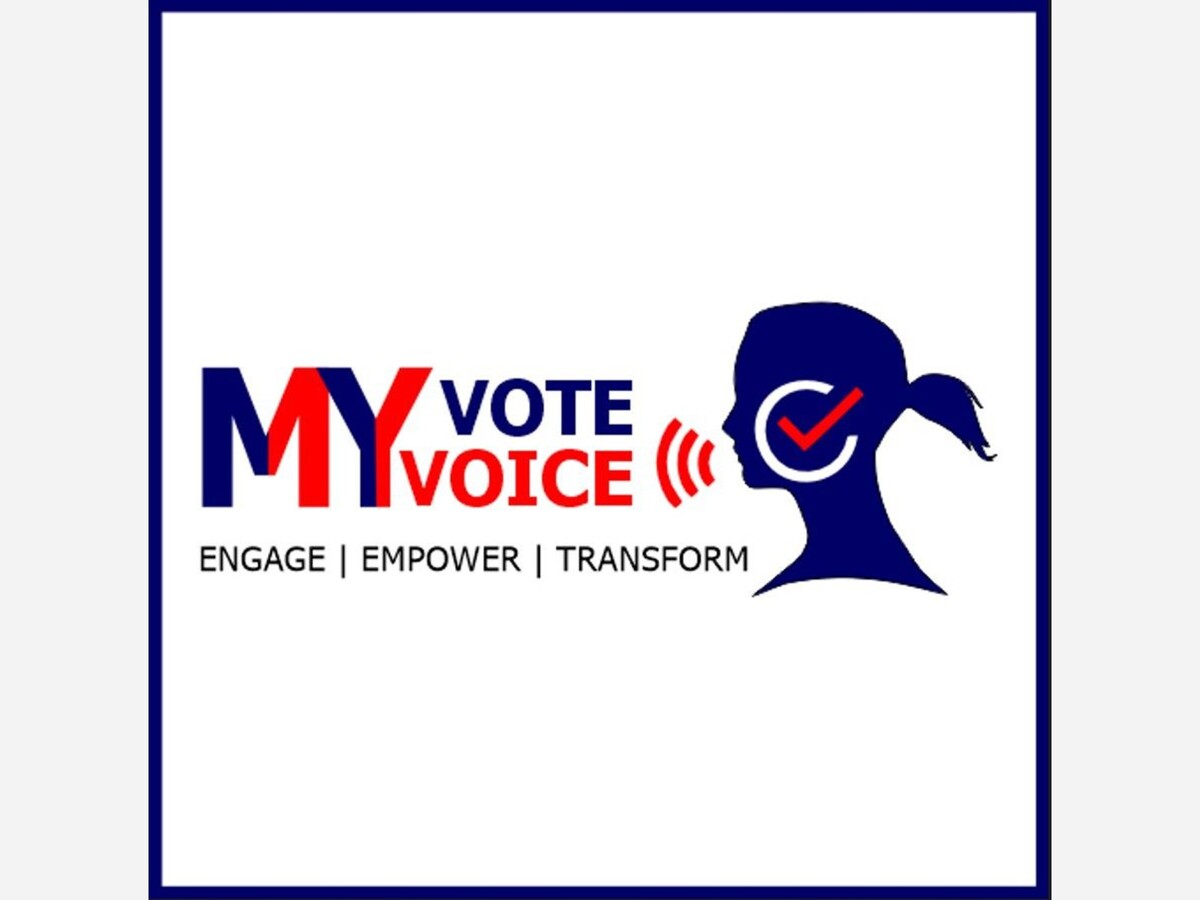

October 20, 2025 — Faith, Healing, and Accountability: My Vote My Voice Unites Faith Leaders to Break the Cycle of Domestic Violence By MinneapoliMedia Staff
In observance of Domestic Violence Awareness Month, MyVote MyVoice, a nonprofit, civic organization in Anoka county convened a powerful virtual roundtable that brought together faith leaders, scholars, and advocates to explore the intersection of faith, healing, and collective accountability in ending domestic violence.
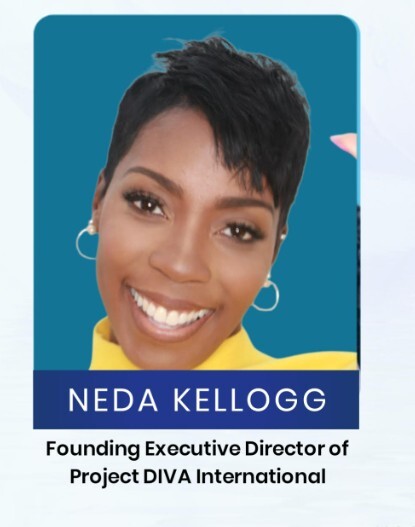
The event, moderated by Neda Kellogg, founder of Project DIVA International, and co-facilitated by Ntomchukwu Akaolisa, created a rare, interfaith platform for truth-telling, collaboration, and hope.
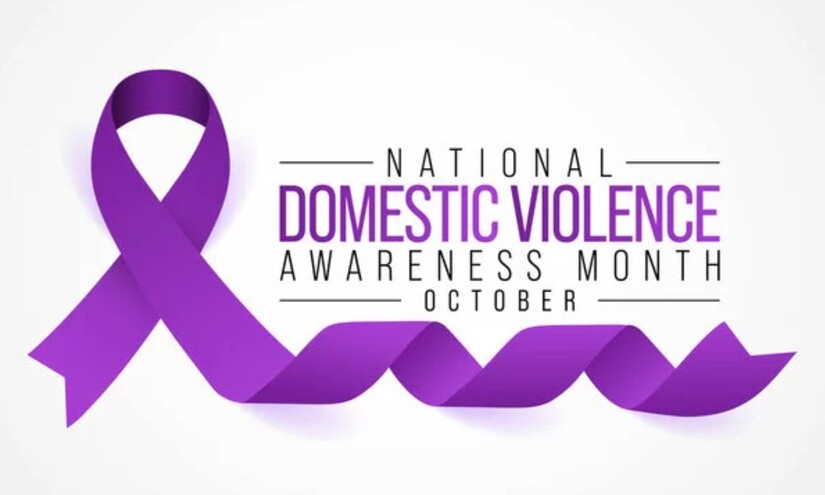
After pre-meeting preparations with speakers including Dr. Beatrice Onoja, Pastor Meta Carlson, and Imam Makram El-Amin, the session opened with a reflection on the shared purpose of faith in healing and justice.
Ms. Neda introduced the MyVote MyVoice‘s mission: to promote civic participation and advance social and economic equity through engagement, advocacy, education, access to resources, and research. With pillars spanning healthcare access, women’s empowerment, environmental stewardship, and food security, the initiative underscored its commitment to building a just and inclusive society—recognizing that violence is a primary barrier to civic participation and equity—one that acknowledges domestic violence as a community-wide issue requiring action, not apathy.
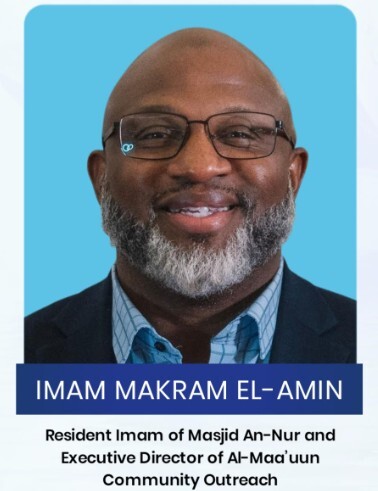
Imam Makram El-Amin, Executive Director of Al-Mun Community Outreach, opened the roundtable with a heartfelt prayer centered on compassion, justice, and refuge for those living in the shadow of abuse.
He framed domestic violence as “a collective challenge that demands collective action,” urging communities of faith to move beyond sympathy toward transformative engagement. “Let our houses of worship be sanctuaries where love is expressed through protection, healing, and action,” he said.
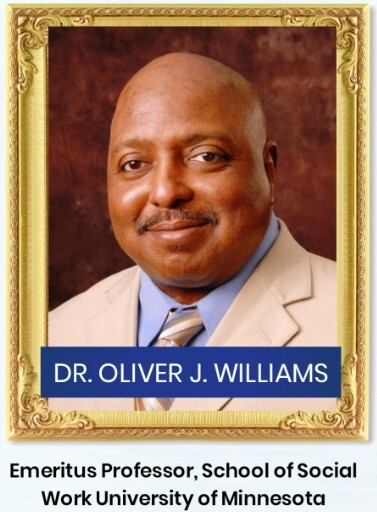
A keynote address by Dr. Oliver J. Williams, delivered via audio recording, offered deep insight into how faith and culture shape attitudes toward domestic violence. Drawing from over four decades of global leadership in faith-based violence prevention, Dr. Williams warned against the misuse of religious texts to justify harm.
“Neither Christianity nor Islam supports abuse,” he emphasized, pointing to Ephesians 5:22 as a frequently distorted scripture. “Faith should be a source of liberation, not bondage. Women can heal, and men can change—but both require honesty, time, and accountability.”
Dr. Williams also highlighted transformative faith-led models across Africa, such as the South African Faith and Family Institute, which integrates cultural context and spiritual care in addressing gender-based violence.
The roundtable discussion, led by Dr. Beatrice Onoja, a gender and peacebuilding expert, and Pastor Meta Carlson, a Minneapolis-based pastor and poet, delved into the challenges faith communities face in confronting domestic violence.
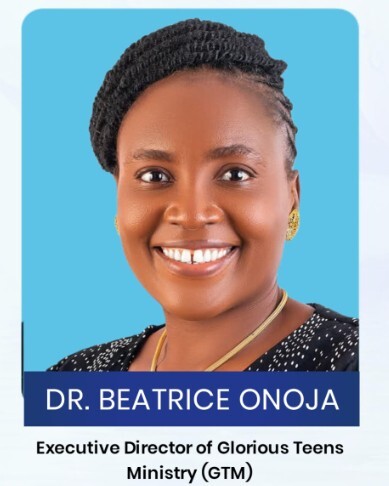
Dr. Onoja spoke passionately about positive masculinity—the idea that men’s strength is meant for protection, not domination. “True masculinity is service,” she said. “It’s about using power to build harmony, not harm.”
Pastor Carlson echoed the need to reframe faith narratives that have historically silenced women or excused male aggression. “The church must model wholeness,” she said. “Our theology should affirm the full humanity of both men and women.”
Dr. Onoja added that women faith leaders must be empowered to challenge patriarchal interpretations of scripture: “For too long, women have been taught submission while men have been spared accountability. Faith must evolve beyond that imbalance.”
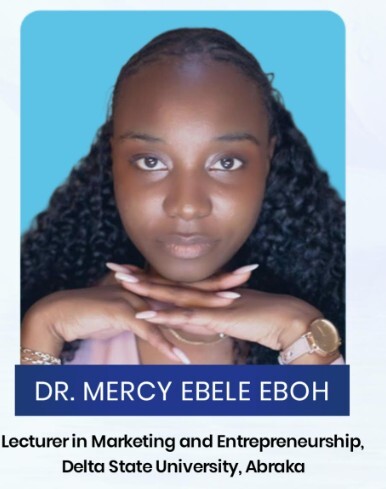
Dr. Eboh Mercy Ebele expanded the discussion, connecting domestic violence to education and public policy. She described how emotional and psychological abuse impacts students’ mental health, leading to academic struggles and school dropouts. “We need to move from discussion to implementation,” she urged. “Policies must not stay on paper—they must be enforced.”
A dynamic exchange between Dr. Onoja and Dr. Ebele followed, centering on the inclusivity of safe spaces. Dr. Ebele advocated for interfaith safe centers accessible to all survivors, while Dr. Onoja underscored the importance of faith-specific spaces that offer survivors comfort through shared belief systems.
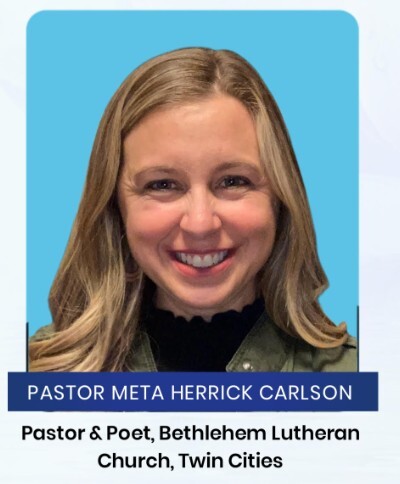
Pastor Meta Carlson called on faith leaders to embody empathy and accountability in accompanying survivors: “We are called to listen without judgment, to walk beside victims as they rebuild, and to use our platforms to speak truth.”
Imam El-Amin emphasized that silence is not neutrality—it is complicity. He encouraged clergy to use every available platform, including sermons, social media, and healing circles, to address domestic violence openly. “If the people we need to reach are online,” he said, “then our ministry must meet them there.”
As the discussion closed, Neda Kellogg and Imam El-Amin thanked participants for their honesty, courage, and shared vision of transforming faith communities into sanctuaries of safety and healing.
In a world still struggling with silence and stigma around domestic violence, MyVote MyVoice‘s Faith, Healing, and Power of Community roundtable became a beacon of dialogue, courage, and collaboration—a call to reimagine faith not as a barrier, but as a bridge to justice and restoration.